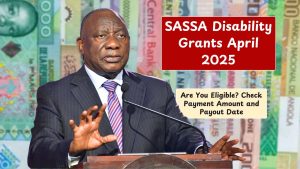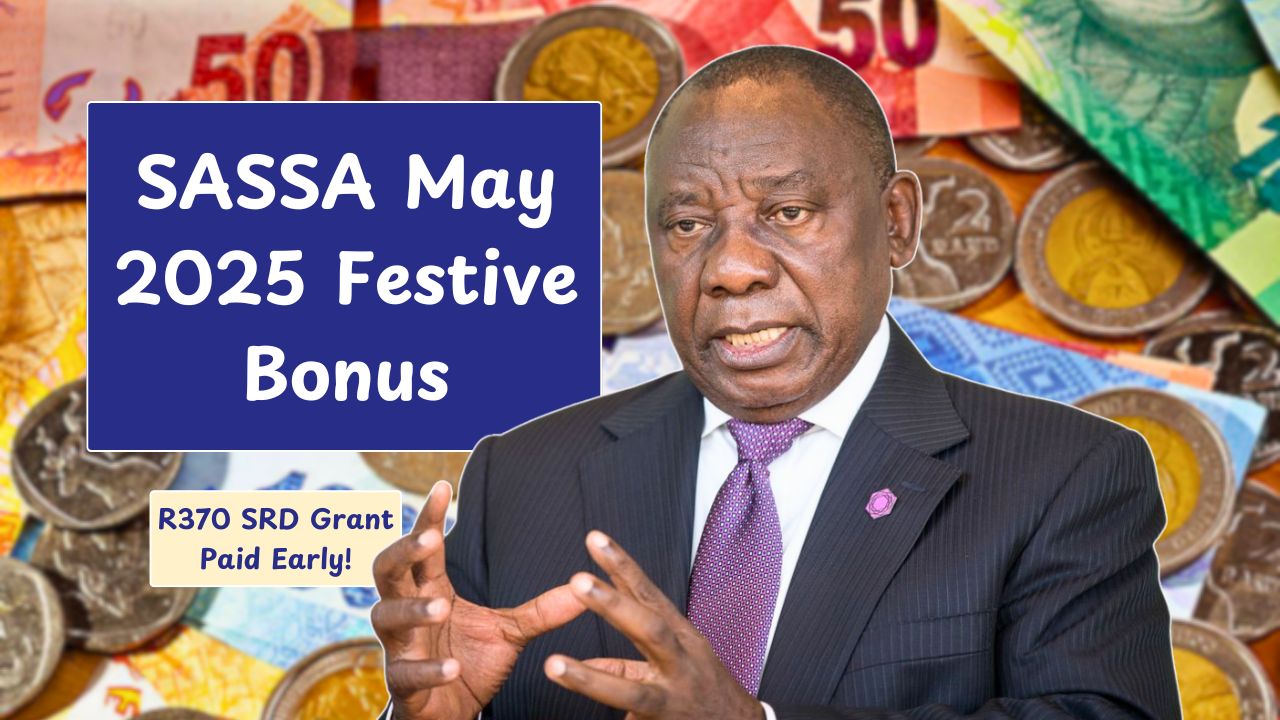South Africa’s SRD grant is once again in the spotlight—but not for the reasons you might expect. The government recently announced a R20 increase, bumping the grant from R350 to R370 starting April 2025. While any increase in social support might seem like a win, many South Africans—and advocacy groups—see this move as a slap in the face. With inflation rising and basic goods costing more than ever, a R20 boost just doesn’t cut it. Now, the decision is being challenged in court, with the outcome potentially reshaping the country’s approach to social relief.
Background
The Social Relief of Distress (SRD) grant was first introduced in 2020 as a lifeline during the COVID-19 lockdowns. At R350 per month, it wasn’t much—but for millions, it was something. Since then, the grant has become a crucial support system for unemployed and low-income citizens. The government’s recent decision to raise it by only R20 has sparked backlash, with many arguing it’s out of touch with economic realities.
Costs
Why the outrage over R20? Well, the cost of living in South Africa has surged. Inflation hit around 7% in early 2025, pushing prices on everything from food to transport way up. A typical monthly food basket alone now costs about R1,335—far beyond what the SRD grant covers. Let’s break it down:
| Expense Category | Average Monthly Cost |
|---|---|
| Basic Food Items | R1,335 |
| Utilities (Electricity, Water) | R200 |
| Transportation | R150 |
| Toiletries | R70 |
| Total | R1,755 |
Now compare that to R370. It barely scratches the surface.
Inequality
Other social grants have seen more generous increases. For instance, the old age pension went up by R90 in 2023 to R2,080 per month. That kind of support helps recipients live with dignity. So why is the SRD grant—meant for the unemployed—getting the short end of the stick?
Challenge
In October 2025, the Institute for Economic Justice and #PayTheGrants took the government to court. Their argument? The current SRD amount doesn’t uphold the constitutional right to social assistance. They say the R370 amount simply doesn’t reflect the real cost of living, and many vulnerable people are being left behind.
They’re also calling out the digital-only application system, which excludes those without access to the internet or digital literacy. These barriers can be life-altering when your survival depends on getting that grant.
Government
The government, meanwhile, is caught between a rock and a hard place. The National Treasury claims it’s already stretched thin, with social grants costing over R2.5 billion a month. They argue that increasing the SRD grant further could threaten funding for other key services like healthcare and education.
In short, it’s a balancing act—meet today’s urgent needs without sacrificing tomorrow’s stability.
Proposals
The advocacy groups aren’t just pointing fingers—they’re also proposing solutions. Here’s what they suggest:
- Raise the SRD to R624/month: This aligns with the current food poverty line.
- Revise the criteria: Include people just above the cut-off who are still struggling.
- Support job creation: Help people transition out of grant reliance.
These ideas aim to provide not just relief, but a real chance at financial independence.
Impact
So what’s at stake? If the court rules in favor of the advocacy groups, it could lead to a major shift in how South Africa supports its most vulnerable. A meaningful increase in the SRD could give recipients a fighting chance at survival—and maybe even dignity.
But if the ruling goes the other way, millions will continue to scrape by on a grant that doesn’t even cover basic groceries. For now, everyone’s watching the Pretoria High Court, hoping for a decision that tips the scales toward justice.
FAQs
What is the SRD grant?
A temporary grant for unemployed low-income citizens in SA.
Why is R370 being challenged?
Advocates say it’s too low to meet basic living costs.
Who qualifies for the SRD grant?
Anyone earning under R624/month and applies via SASSA online.
What do advocacy groups want?
They want the grant raised to at least R624/month.
When will the court decide?
A ruling is expected by November 2025.











